As cat owners, we adore our feline friends and strive to keep them happy and healthy. However, sometimes our actions, or lack thereof, can unintentionally hurt their feelings. Cats are sensitive creatures with their own unique ways of communicating and understanding the world around them. By becoming more aware of their needs and behaviors, we can ensure we’re providing the best possible care and companionship.
Ignoring Their Attempts for Attention

Cats may seem independent, but they also crave affection and interaction from their humans. When you overlook their meows, head butts, or attempts to sit on your lap, they may feel neglected. Regularly engaging with your cat through petting, talking, or playing can strengthen your bond and make them feel loved.
Not Keeping the Litter Box Clean
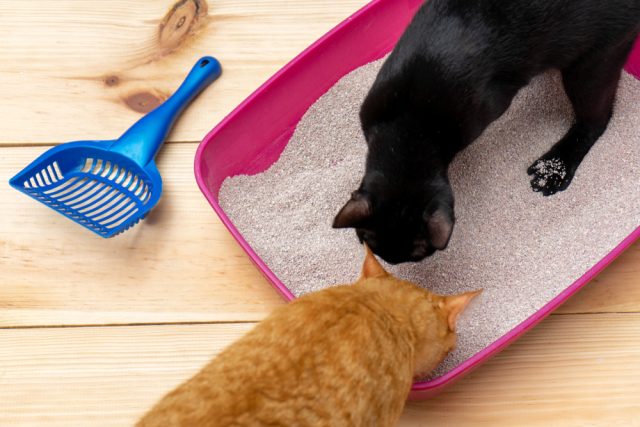
A dirty litter box is not just unsanitary; it can also stress out your cat. Cats are clean animals and prefer a tidy place to do their business. Failing to clean the litter box regularly may lead them to associate negative feelings with you or result in undesirable behaviors like inappropriate elimination.
Abrupt Changes in Routine
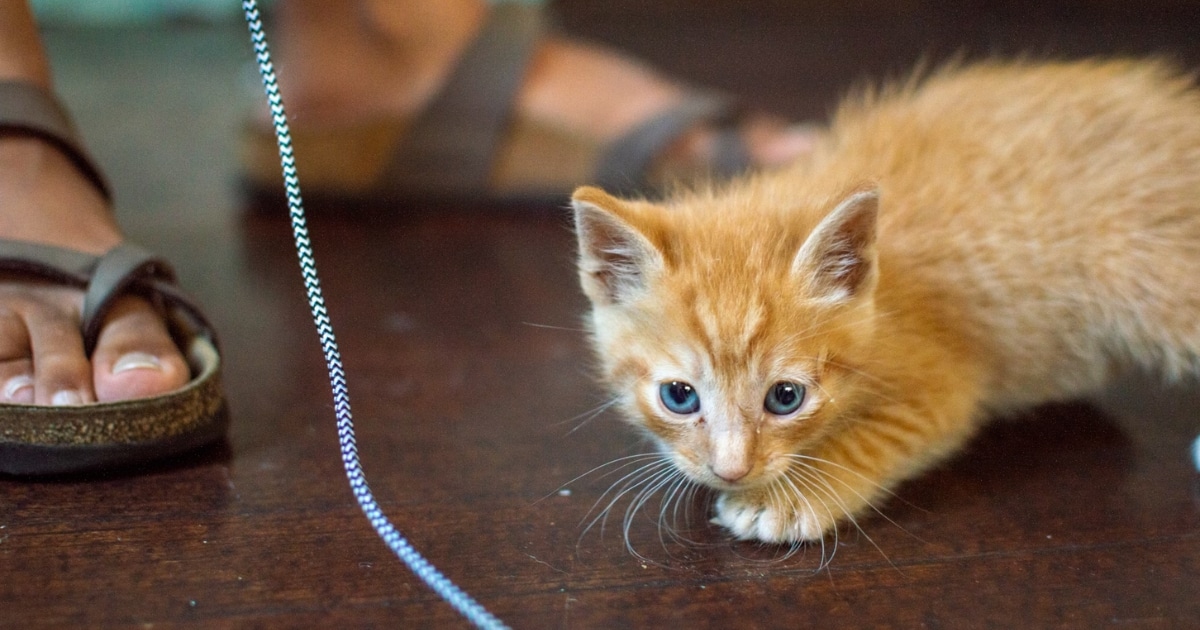
Cats thrive on routine and can become anxious when their schedules are disrupted. Sudden changes in feeding times, play sessions, or sleeping arrangements can make them feel insecure. Maintaining a consistent routine helps your cat feel safe and comfortable in their environment.
Loud Noises and Sudden Movements

Cats have sensitive hearing and are easily startled by loud noises or sudden actions. Yelling, slamming doors, or unexpected movements can cause them stress and fear. Being mindful of your noise levels and movements can help keep your cat calm and prevent them from associating you with negative experiences.
Punishing Them Harshly

Using physical punishment or yelling at your cat can damage your relationship. Cats do not understand punishment in the same way humans do, and harsh discipline can lead to fear or aggression. Positive reinforcement and gentle guidance are more effective ways to encourage good behavior.
Neglecting Playtime
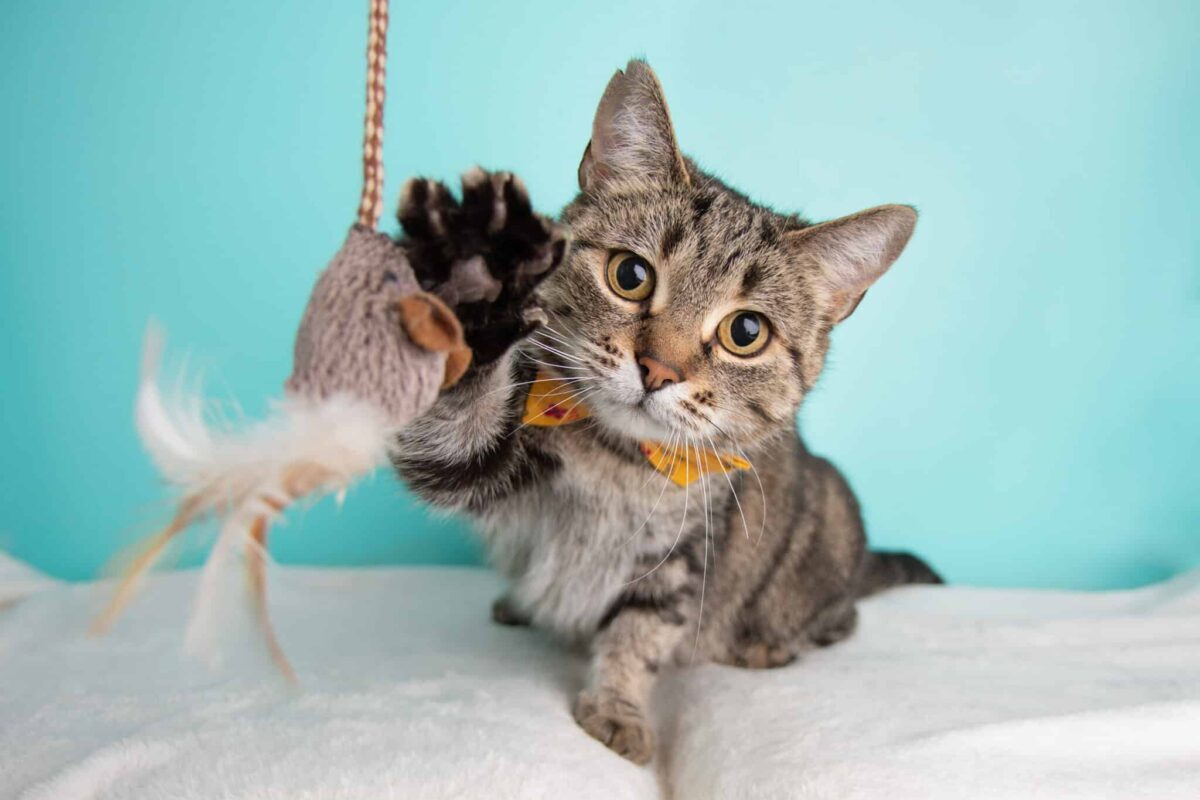
Play is essential for a cat’s physical and mental health. Ignoring their need for interactive play can lead to boredom and frustration. Setting aside time each day for play sessions can keep your cat active, stimulated, and happy.
Not Providing Appropriate Scratching Options
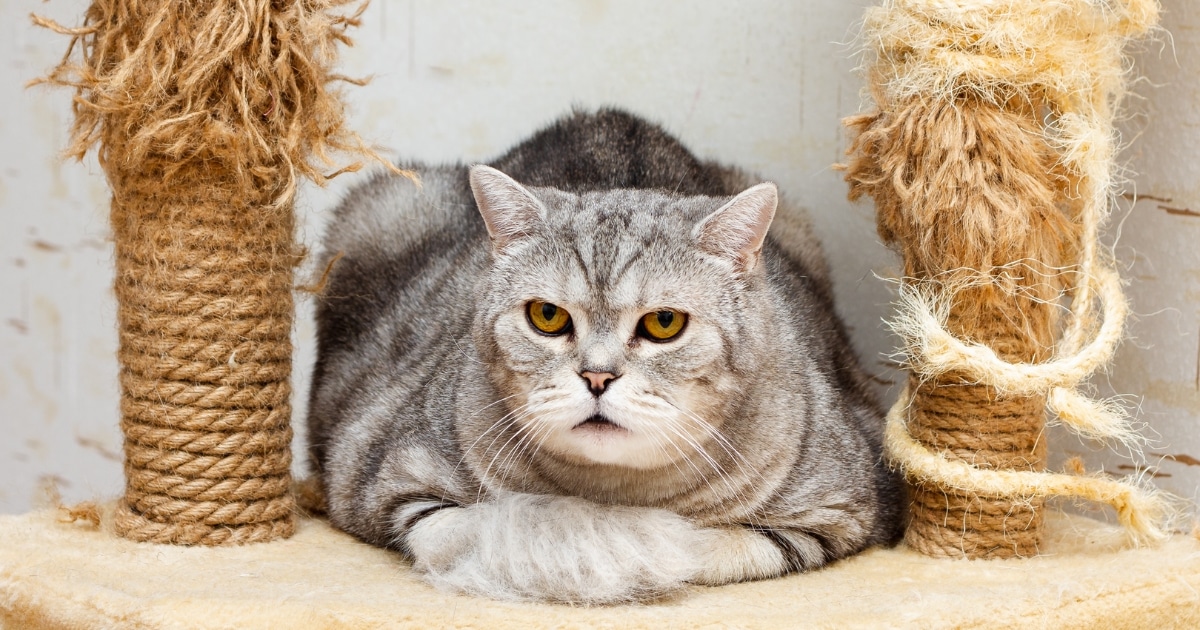
Scratching is a natural behavior for cats, used to mark territory and maintain their claws. Without proper scratching posts or pads, they may resort to damaging furniture. Denying them suitable outlets for scratching can lead to stress and confusion.
Changing Their Diet Abruptly

Switching your cat’s food suddenly can upset their stomach and make them wary of mealtime. Cats can be picky eaters and may not appreciate abrupt changes in taste or texture. Gradually introducing new foods ensures a smoother transition and keeps your cat comfortable.
Petting Them Against Their Wishes
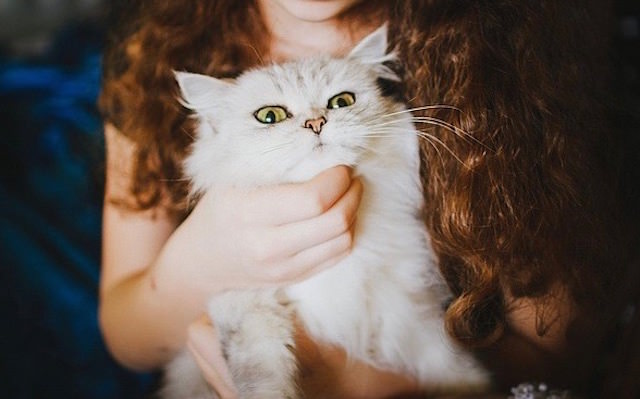
While some cats love being petted, others may be sensitive to touch in certain areas or at specific times. Ignoring their body language and forcing affection can make them feel uncomfortable or anxious. Paying attention to their cues ensures that interactions remain positive.
Introducing New Pets Without Proper Introduction
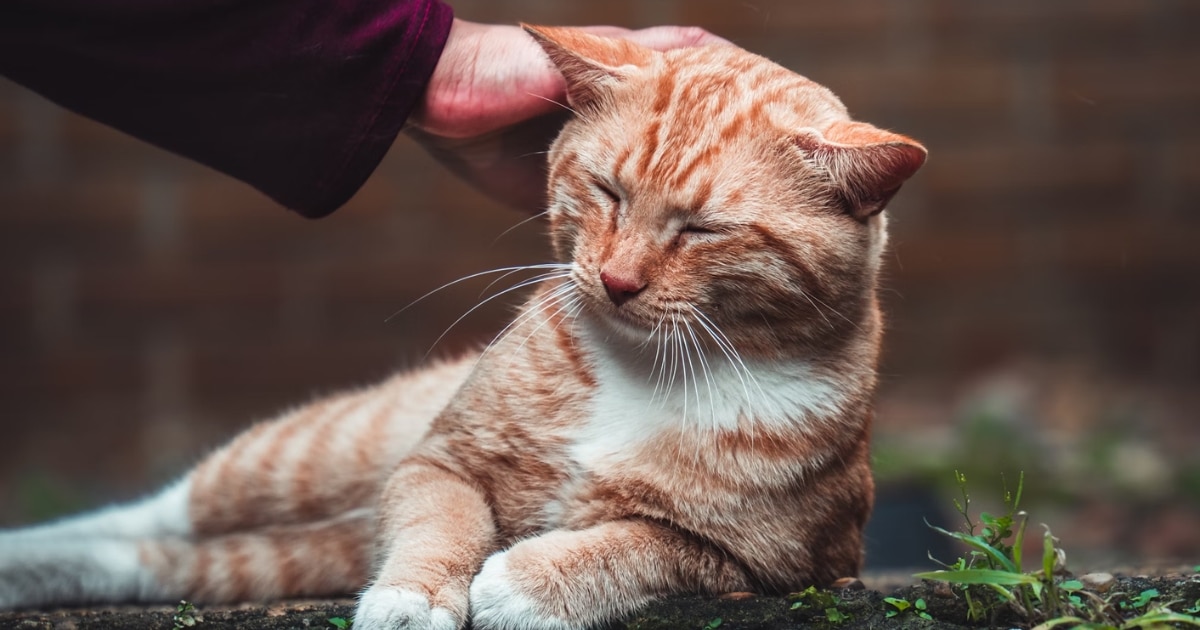
Bringing a new animal into the home can be stressful for your cat if not handled carefully. Immediate introductions can lead to territorial disputes and anxiety. Gradual introductions allow your cat to adjust at their own pace, reducing stress and promoting harmony.
Rearranging Furniture Frequently

Cats are territorial and rely on familiar surroundings to feel secure. Constantly moving furniture or redecorating can unsettle them. Keeping changes minimal or introducing them slowly can help your cat adapt without feeling threatened.
Using Strong Scents or Chemicals

Cats have a strong sense of smell, and certain scents can be overwhelming or even harmful. Using strong perfumes, cleaners, or air fresheners may irritate them. Opting for unscented or pet-friendly products can prevent discomfort.
Ignoring Signs of Illness or Pain
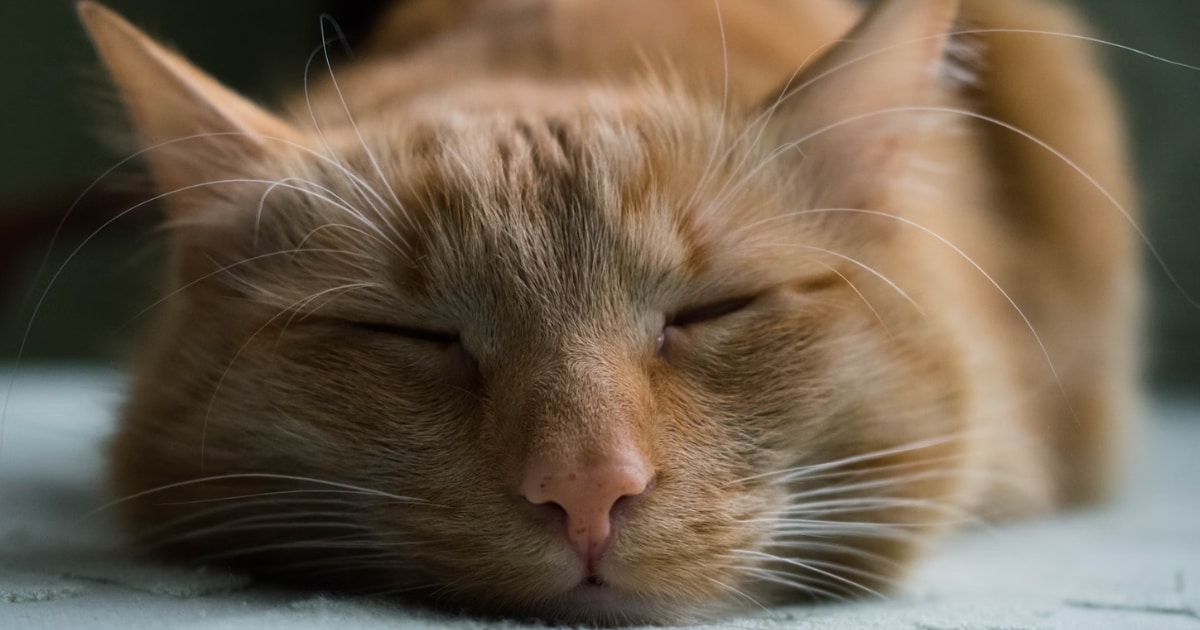
Cats often hide signs of discomfort, so subtle changes in behavior could indicate health issues. Dismissing these signs can prolong their suffering and erode trust. Regular veterinary check-ups and attentiveness to changes can ensure they stay healthy and feel cared for.
Purr-fecting Your Cat’s Happiness
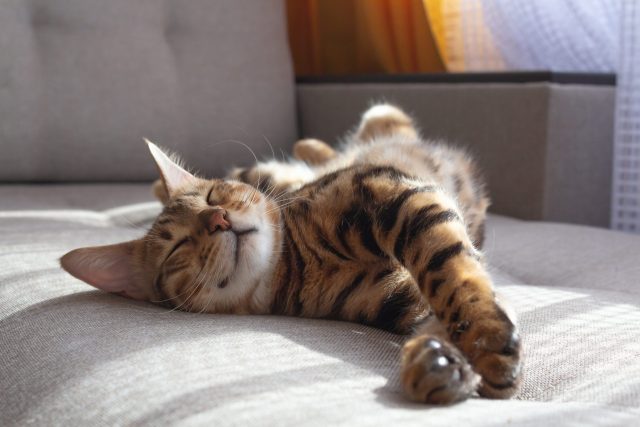
Understanding your cat’s needs and behaviors is key to a happy and healthy relationship. By being mindful of these common pitfalls, you can avoid unintentionally hurting your feline friend’s feelings. Remember, small changes in your actions can make a big difference in your cat’s well-being and strengthen the bond you share.

